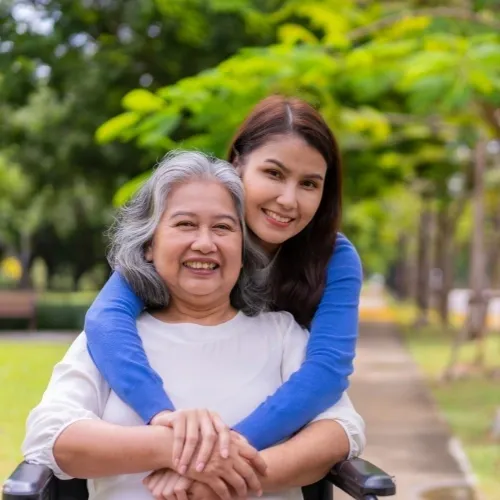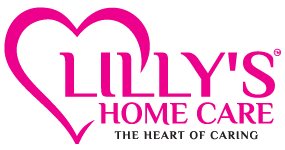In the realm of caregiving, the terms “home health care” and “home care” often surface, each carrying distinct roles and functions. Home health care typically involves skilled medical services delivered by licensed professionals. This encompasses a spectrum of clinical interventions, such as nursing care, physical therapy, and medical monitoring. Usually prescribed by a physician, home health care is a targeted approach addressing specific health conditions and necessitates the expertise of trained healthcare practitioners.
Conversely, home care extends beyond the medical sphere, embracing a more holistic approach to well-being. This non-medical service concentrates on assisting individuals with daily activities and fostering independence within the familiar surroundings of their homes. Home care professionals, often caregivers or home health aides, play a vital role in providing support with tasks like meal preparation, bathing, and mobility. Their focus is on promoting a comfortable and supportive lifestyle, emphasizing quality of life beyond medical parameters.
One notable difference lies in the skill set of the professionals involved. Home health care is delivered by registered nurses, physical therapists, and specialized healthcare personnel. Their interventions are clinically driven, aimed at managing and treating health conditions. In contrast, home care providers may not have the same level of medical training but excel in delivering personalized, compassionate assistance that encompasses a broader spectrum of daily living needs.
Furthermore, while home health care addresses acute medical needs and is often time-limited, home care is designed for long-term support, creating a sustained and nurturing environment. Home care professionals often become companions, offering emotional support and fostering social engagement, recognizing the importance of holistic well-being.
Ultimately, the choice between home health care and home care depends on the specific needs of the individual. Whether it’s the precision of medical attention or the comprehensive support of daily living, both play pivotal roles in enriching the lives of those who seek assistance, allowing them to age or recover with dignity in the comfort of their own homes.






